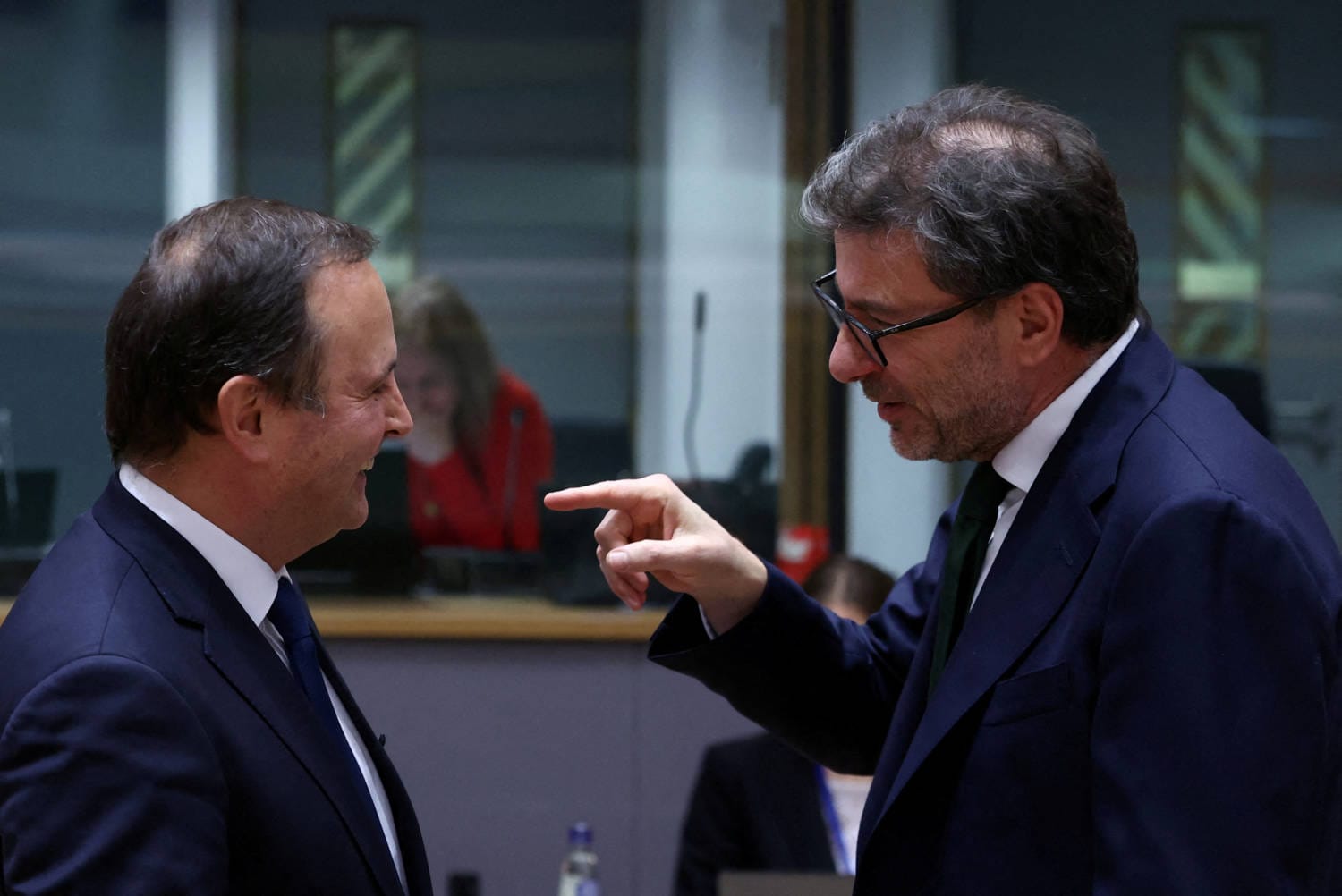Portugal’s Centre-Right Government Commits to Fiscal Responsibility and TAP Privatisation
In a recent declaration of its governmental programme, Portugal’s newly instated centre-right minority government has pledged to uphold a fiscal policy characterized by balanced budgets and a continued reduction in public debt. This announcement comes on the heels of a fiscal turnaround under the previous Socialist administration, which saw the country’s budget surplus reach 1.2% of GDP last year, a significant improvement from a 0.3% deficit in 2022.
The government’s commitment to fiscal prudence aligns with earlier forecasts by the Socialists, who anticipated a surplus of 0.2% for the current year. However, the new administration has yet to clarify whether its plans for the national airline, TAP, involve selling the entire company or merely a portion of it.
Interest in TAP’s privatisation has been notable, with major industry players such as Lufthansa, Air France-KLM, and British Airways’ parent company IAG expressing their intent to participate. The sale process, which aims to divest at least 51% of TAP, had been initiated by the previous government in September but encountered delays.
Luis Montenegro, the new Prime Minister of Portugal, had expressed during December’s election campaign, in an interview with Reuters, his intention to fully privatise TAP. This intent seems to be taking shape as part of the government’s broader economic strategy.
Antonio Leitao Amaro, the Cabinet Affairs Minister, highlighted the inclusion of 60 proposals from other political parties within the government’s plan, emphasizing a spirit of cooperation and dialogue. The programme is set for debate in parliament later this week, signaling a pivotal moment for the government’s agenda.
With these actions, Portugal’s centre-right government is positioning itself as an advocate for change through consensus, aiming to foster economic stability and growth while navigating the complexities of privatisation and cross-party collaboration.





